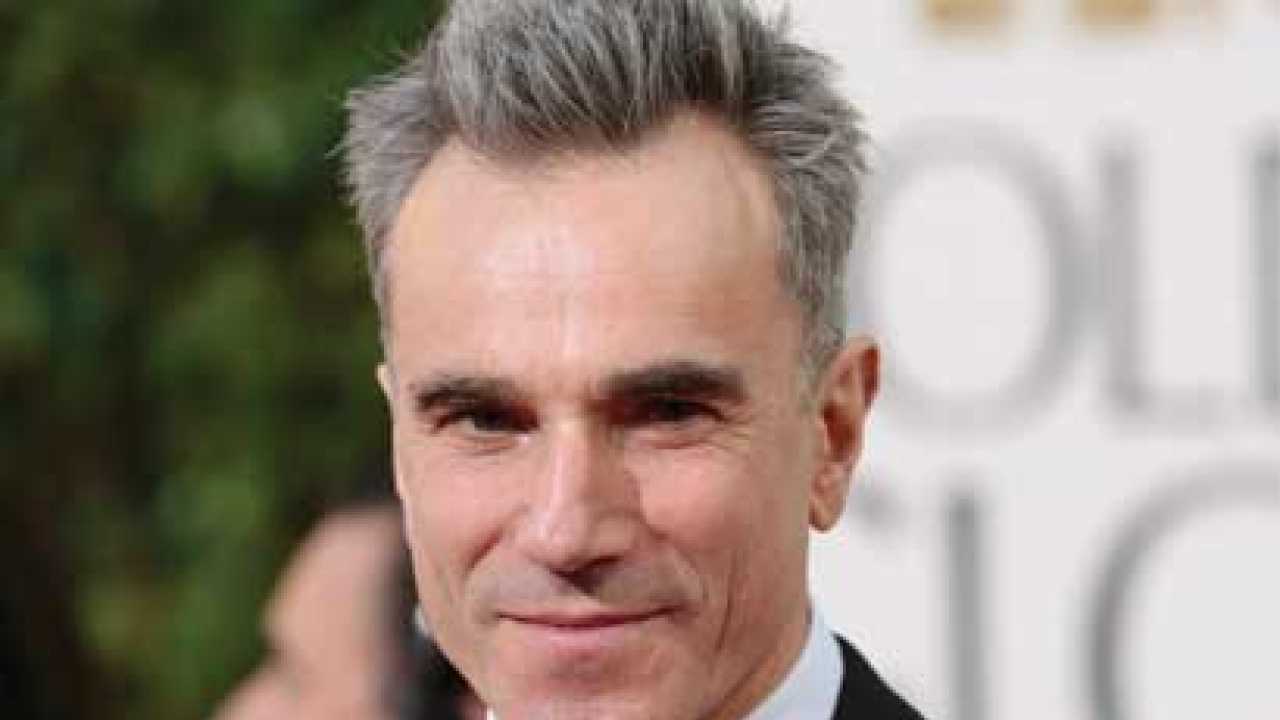
At the top of a long, winding path in County Wicklow lives Daniel Day-Lewis. Many people consider him to be the best film actor in the world. The problem is getting him to come down the path to make films.
In the past 16 years, he has appeared in just six films. All of them - apart from the flop musical romance Nine - were greeted by strong reviews and pleas to show up for work more often. It is sometimes suggested that Day-Lewis has a terror of over-exposure, but a star doesn't necessarily lose his cachet by appearing regularly. Last year alone, Ewan McGregor made five films, while Liam Neeson notched up six.
Yet Day-Lewis, 55, dark-eyed and wreathed in quasi-fantastical lore, has become a near-mystical presence in the minds of modern film-goers. It takes more than a big cheque or the attentions of top Hollywood directors to lure him from his remote Irish farmhouse.
His latest film, Lincoln, directed by Steven Spielberg and based on the last months of Abraham Lincoln's life, took almost 10 years to bring to the cinema. The main problem, as Spielberg recalls it, was persuading Day-Lewis to take the role of the Civil War president.
At their first meeting in 2003, the actor declared that he disliked the script and considered the idea of his playing Lincoln "preposterous". Six years later, Spielberg returned with a new script based on a book by Pulitzer Prize-winning author Doris Kearns Goodwin. This time, Day-Lewis thought the project was a good idea - "for someone else".
Last week, Spielberg produced a letter Day-Lewis had sent him in which the actor explained: "In this case, fascinated as I was by Abe, it was the fascination of a grateful spectator who longed to see a story told, rather than that of a participant."
Even when he finally signed on, Day-Lewis doubted he had done the right thing. "I thought," he told the New York Times, "this is a very, very bad idea."
Lincoln, which opens in Britain later this month, is, nevertheless, being hailed as a very, very good movie. Critics in the US are predicting that it will sweep the Oscars, with Day-Lewis considered a virtual certainty to collect his third Best Actor award. Unfortunately, while the film casts valuable new light on Lincoln, it may serve only to further cloud and complicate our understanding of Day-Lewis.
A worrying number of people in the movie business think, to put it bluntly, that the actor is nuts. Or, at least, that threaded into the brilliance is a degree of obsessive perfectionism that borders on the unhinged. Stories abound of his extreme preparations. To play Christy Brown, the Irish artist crippled by cerebral palsy, in My Left Foot, Day-Lewis learnt how to paint with his toes, then stayed confined to a wheelchair both on set and off, and demanded that crew members spoon-feed him and wheel him about.
For The Last of the Mohicans, he went to live in a teepee in the North American wilds for six months, building himself a canoe, and surviving on food he trapped or hunted. For his role as Bill the Butcher in Martin Scorsese's Gangs of New York, he took a course in butchery, and despite catching pneumonia refused to wear insulated clothing on the grounds that it wouldn't have existed in the 19th century. He reportedly fell out with co-star Liam Neeson, who objected to being addressed by his character's name even when the pair met in the hotel gym.
While making Lincoln, he remained in character, insisting on being addressed as "Mr President" even off-set and speaking to everyone he met in the folksy, rural Kentucky accent he developed for the part.
It doesn't help that Day-Lewis is notoriously disinclined to discuss his methods of getting into a role, claiming not to understand why journalists even ask him about it. Possibly they ask him because he won't talk about his private life either, or what he does between movies - such as going to Florence to train as a cobbler - and you have to fill that big interview space with something.
Preferably, something more than Day-Lewis's confession that he spends days looking out of his window "watching the wind whip across the Wicklow hills". The impression from such snippets is that he is haunted, reclusive, touchy and rather odd, although reassuring evidence of normality exists in his 17-year marriage to Rebecca, daughter of the American playwright Arthur Miller, with whom he has two children.
It was a peculiar life from the start. Daniel was the son of Cecil Day-Lewis, the late poet laureate, whose life revolved around the salon chatter of the intelligentsia rather than his children. "I know I grew to love literature and language through my father," he has recalled, "but he was an absolute mystery to me in every sense."
He ran away from his boarding school, eventually seeking sanctuary at Bedales, the "Bohemian Eton", where his sister Tamasin - now a food writer - was enrolled. He remembers his time there as "paradise".
After school, encouraged by his mother, the actress Jill Balcon, he joined the Bristol Old Vic, moving quickly into television and in 1986 set down an early marker for boldness by playing a gay Londoner in a Thatcher-era inter-racial relationship in Stephen Frears's My Beautiful Laundrette.
Lincoln should secure his status as our top film actor, even if he doesn't spend much time in Britain, or always speak kindly about the place. His admirers will put such neglect down to artistic temperament, and console themselves with the thought that it should not be too many years before we see him again.